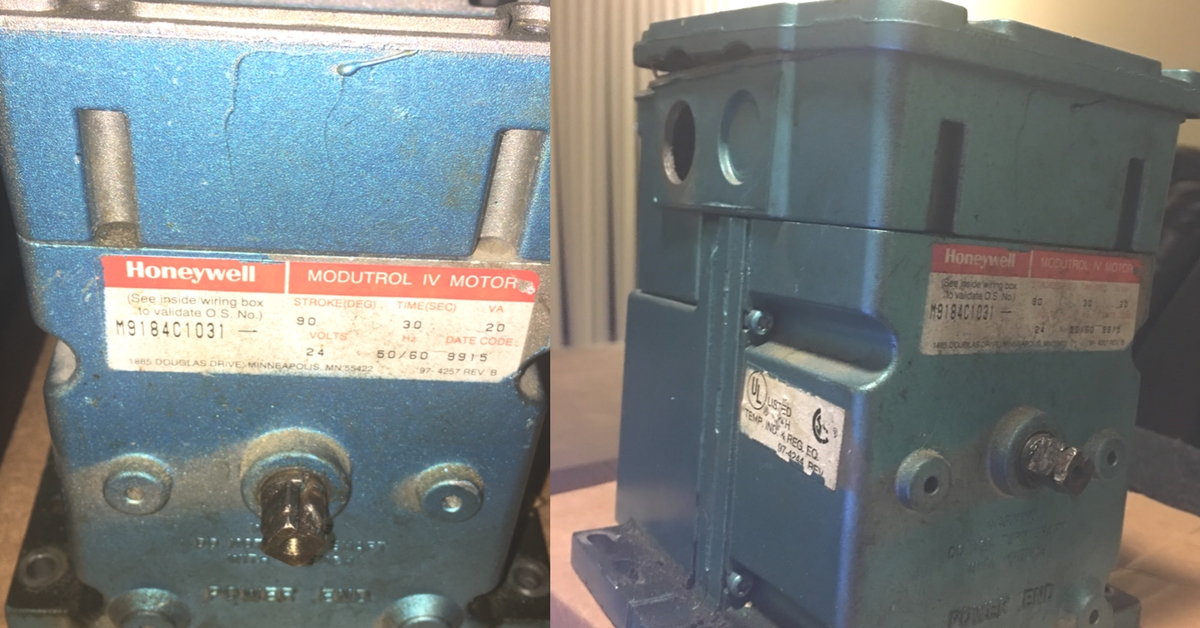Get Tech Tips
Subscribe to free tech tips.
Some Range Hood IAQ Thoughts
 This article was written by my good friend Neil Comparetto, a contractor and industry influencer who is helping shape IAQ for the HVAC industry in the US for the better. Thanks, Neil!
This article was written by my good friend Neil Comparetto, a contractor and industry influencer who is helping shape IAQ for the HVAC industry in the US for the better. Thanks, Neil!
Indoor air quality (IAQ) monitors can tell you a lot about the air you are breathing. We find that the information is valuable for both contractors and clients. (Most monitors record temperature, humidity, CO2, volatile organic compounds (VOC), and particulate matter (PM). Carbon monoxide (CO) and radon can also be monitored, but we typically monitor them in separate devices.)  This graph shows PM 2.5 levels and the differences between a poorly installed microwave range hood and a new properly installed range hood. This is what the EPA has to say about PM:
This graph shows PM 2.5 levels and the differences between a poorly installed microwave range hood and a new properly installed range hood. This is what the EPA has to say about PM:
“The size of particles is directly linked to their potential for causing health problems. Small particles less than 10 micrometers in diameter pose the greatest problems, because they can get deep into your lungs, and some may even get into your bloodstream. Exposure to such particles can affect both your lungs and your heart. Numerous scientific studies have linked particle pollution exposure to a variety of problems, including:
- premature death in people with heart or lung disease
- nonfatal heart attacks
- irregular heartbeat
- aggravated asthma
- decreased lung function
- increased respiratory symptoms, such as irritation of the airways, coughing or difficulty breathing.
People with heart or lung diseases, children, and older adults are the most likely to be affected by particle pollution exposure.”
As shown in the graph, proper ventilation while cooking can drastically reduce PM2.5 levels. It’s recommended to use the range hood during all cooking tasks, from boiling water to using the toaster oven. One of the main issues with range hoods is that they’re loud, making them a nuisance to use. There are several factors involved in making them loud: quality of the model, how much air they are moving, and most importantly, how they are ducted. Even a normally quiet, high-quality range hood that is poorly ducted will be loud. If you’re curious about your home’s IAQ, I encourage you to get an IAQ monitor. (FYI, the one we install in our client’s homes is the IQAir AirVisual Pro.)
—Neil Comparetto,
Co-owner of Comparetto Comfort Solutions in Virginia
P.S. – You can read everything the EPA has to say about particulate matter HERE.











Comments
To leave a comment, you need to log in.
Log In